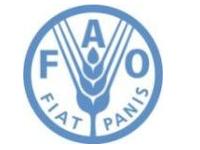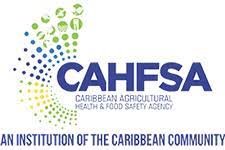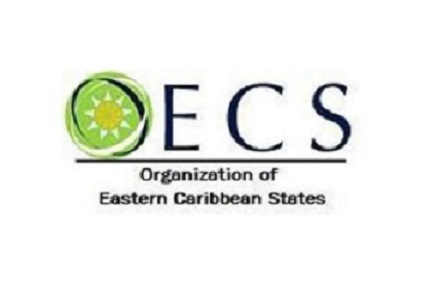Today, the global population has reached a staggering 7.9 billion people. Feeding billions is a vast undertaking that could take up a lot of environmental and financial resources. The current practices and materials used in industrial agriculture have led to negative impacts on the environment. Additionally, with the impact of climate change and other threats, energy costs have also risen. Sustainable practices are alternative, resource-efficient practices that can help farmers and those involved in the food industry to become self-sufficient without harming the environment, biodiversity, or the livelihoods of those who depend on agriculture for income.
Sustainable food production uses resources carefully, encompassing traditional farming knowledge with an emphasis on long-term environmental health. Worldwide, up to 33% of all harvested food is wasted. Sustainable practices in the food industry would reduce environmental wastage and improve food security.
Food waste is a big problem that is steadily growing with the world population. Integrating the use of proficient packing, sourcing, and plant-forward products can help to reduce food waste. The first step would be sourcing through organic, local, or even sustainably produced crops, which helps to promote farm-to-table approaches. Farm-to-table sourcing is recognized by having crops that have no preservatives and are ‘clean label’ products. Next, would be packaging that should be lighter in weight, compostable, recyclable, or reusable. Following packaging would be the use of plant-forward products which can be produced for those who are looking to switch to a vegetarian diet, vegan, or those who eat both meat and vegetables but need more options. Examples of this are meatless protein, which can be found in some fast-food chains. Currently, most companies are aiming to do this through retail, shipping, and manufacturing divisions. Some have begun looking for ways to reuse food leftovers in their products, which would promote sustainability and reduce waste.
In the region, many countries have started to adopt resource-efficient practices among their locals which would lessen the use of water and farm chemicals, protect the environment, and reduce greenhouse gas emissions.
Read more from our sources below!
Source:
UNEP – Sustainable Food Production
FAO – Climate-Smart Agriculture
IICA – Caribbean Countries Analyze the Benefits of Climate – Smart Agriculture
StrayDogInstitute – Sustainable Food Production Offers Multiple Global Benefits
MarketResearch – 4 Ways the Food Industry Is Embracing Sustainability













